During his first few days of campaigning in the field, there was a charming insecurity about Jain's campaign. But after six weeks on the campaign trail, he now exudes the quietly confident air of the seasoned campaigner. What has changed?
Jain's father SK Jain runs a successful litigation law firm in Pune and is a well-known name in the city's legal circles. But in the 2004 Maharashtra Bar Council elections, SK Jain just barely missed out on one of the 25 committee seats.
And Delhi, where Sondhi scored his resounding win on 18 December, is a comparative cakewalk compared to Maharashtra. While Delhi candidates face a captive electorate in just the city's courts, in Maharashtra and Goa the electorate is scattered across 33 districts in two states over an area of more than 3 lakh square km.
"It's going to be tough," says Hitesh Jain.
The lay of the land
There are a total of 136 candidates in the Maharashtra and Goa fray, vying for the votes of up to 130,000 registered advocates.
In 2004, that number was only around 85,000 after thousands of advocates were disqualified from voting after not paying paid their welfare fee.
A court case unsurprisingly ensued and although the requirement for payment of the fee has not been withdrawn, there has now been advance warning and observers expect turnout to surge, perhaps up to 50,000.
Purely mathematically that adds up to only 367 voters per candidate.
Jain, meanwhile is aiming for at least 800 first preference votes, although he would eventually have to hit a target of around 1,500 with second or lower preference votes from lawyers whose first choice candidate gets eliminated.
2004's voter turnout in Mumbai was only around 20 per cent, whereas outside Mumbai the percentage was 85 per cent.
Jain was always going to focus on his hometown of Pune and his place of work in Mumbai where he knows lawyers working in the courts. However, he also impassion that if he wanted any chance of making it as one of 25, he would have to hit the road.
Kicking off business
Jain's campaign started a late Friday afternoon on 20 November 2009.
Jain, his father, family and friends are addressing 50 to 70 advocates and contacts who have gathered near his father's law firm, nearby the Pune District Court.
His supporters, many of whom are well-known names locally, make impassioned speeches in the local language Marathi on behalf of Jain as a Pune boy with Mumbai credentials and young ideas.
Jain concludes the talk with his stump speech in Marathi about the better infrastructure, better welfare and better opportunities for local lawyers, before seguing briefly into English and touching on his firm ALMT's best friend relationship with Clyde & Co.
The idea of the kick-off meeting is to create a viral effect where everyone leaving will try to convince five others to cast their vote for Jain.
Later that evening, Jain visits an influential and wealthy senior lawyer and Pune businessman and they both chat and strategise on how Jain could win the campaign.
You know, muses the local businessman at one point, candidates can simply buy themselves the votes they need to win.
Jain objects. He says that he wants to run a clean campaign to win the election properly. After all, what kind of leg would he have to stand on if he did not, he asks rhetorically.
Taluka
The next day, two cars draw up 70km North East of Pune in the Taluka Court in the small town of Shirur. Jain has in tow his entourage of six volunteers, which includes his full-time campaign manager Anuradha Beniwal, a number of Pune students as well as advocates with knowledge and contacts in the surrounding areas.
Shirur's Taluka court lies in a sun-kissed yard edged by low-lying red roof-tile court-houses with two court rooms. Local petitioners squat patiently under the shady trees, waiting, perhaps for their advocate or for their case to be heard. Or perhaps they are simply enjoying the view.
Meanwhile, inside the bar room, more than 30 advocates are lining the walls on benches and are listening to Jain's stump speech, which is again in Marathi.
Jain later explains to me that winning without speaking the local language in Maharashtra is impossible – people need to feel that you are one of them rather than an outsider.
And despite coming from the metro, Jain does his best to understand their concerns.
Politics
Indeed, Jain could very well be a natural politician, pulling off enthusiasm about the causes of the people he speaks to.
"Junior lawyers having a five-year or seven-year practice, their earnings are between 10,000 and 25,000 Rupees," he tells me weeks later about lawyer welfare at some of the smallest regional courts.
And another time he says: "People are very enthusiastic and keen to know about new areas of law in which one can expand his practice. Especially arbitration, people are very curious as to what arbitration is about and whether it is limited to the city or it can be useful at the district level."
On the entry of foreign law firms he is not a hard-liner although he is unsurprisingly also careful to avoid sounding like a liberalisation cheerleader. He is therefore happy to repeat the age-old mantra of first taking the entire legal fraternity into confidence before making any decision.
Then, many of the Taluka and district level advocates would like to see larger value disputes come their way to their local court – currently most Taluka courts can only hear cases up to a value of Rupees 1 lakh.
Jain believes that many of the local junior courts have enough capacity and can efficiently help in clearing the backlog – as well as creating work and income for the advocates there.
He also thinks that the Taluka advocates will have an important role to play in the cities. "Their quality is extremely good," he says, "and Taluka lawyers have started doing work in the High Court at lump sum fees of 10,000 Rupees.
"That is the competition in future that big law firms are going to see."
While his enthusiasm appears genuinely held, of course the question will be whether he will be able to retain his excitement and priority for all his causes were he to make it into the day-to-day machinery and bureaucracy of the Bar Council.
Districted
The next stop on the day's campaigning is Ahmednagar, which is only 50km up an expressway, half of which is knocked out with heavy construction works and locked in traffic jams.
Ahmednagar's District Court is a hive of chaotic activity and if there is any method to the madness, it will take more than just a law degree to figure things out.
Even Jain seems decidedly lost by himself.
Dozens of court rooms are tucked into nooks and crannies of a stretched-out labyrinthine compound, jostling for space with dusty libraries, advocate common rooms and an armoured prisoner transport van.
It also hosts what could possibly be the darkest, smelliest toilets in Maharashtra with apparently a complete absence of plumbing and no running water.
And those are just the men's facilities - use of the women's toilets was strongly discouraged by locals.
Jain's idea in the District Court, yet again, is to meet and greet, but things here are far more frantic than the comparative idyll of Shirur's Taluka Court.
It turns out that no one really has the time or appetite for a big meeting and speech, and even if it wanted to the local advocates association would be practically unable to call a general meeting.
So, on to plan B, with Jain and team meeting and greeting, shaking hands and handing out especially printed business cards and flyers.
Advocate Anand Firodiya is a local contact and proves invaluable to making the introductions and finding the right people for Jain to speak to.
For more than two hours we pound the corridors of advocates' chambers and Jain answers question after question after question.
"Tired?" I ask him, back outside in the afternoon sun.
Jain forces a smile. "We are just getting started," he says but the fatigue is evident on his face.
Loyalties
While Jain's reception in the District Court was warm, and surprisingly even the busiest advocates were happy to spare at least five minutes to hear Jain's manifesto, it became increasingly clear that securing actual first votes from the electorate was an uphill struggle.
By default, every voter in each District Court will automatically vote for their local candidate first. After all, they see them day-in and day-out and everyone wants their local interests represented.
Second, caste politics and allegiances will come into play and although rarely openly talked about, these play a huge role in the voting process.
For a city law firm lawyer like Jain to turn up for a day in a District Court such as Ahmednagar and make an impression is tough, despite a lot of promises from advocates that their second preference votes would definitely go to Jain.
But Jain was neither the first or last campaigning Bar Council hopeful passing through Ahmednagar, nor would he have been the only recipient of the same promises.
Nevertheless, loyalty can come in many shapes and sizes in India.
Hitesh Jain is a member of the Jain religion and the Ahmednagar area is widely known as the heartland of Jainism.
"What we have decided is that there is a lot of castism going on in this election and Jains are one community too," explains Firodiya in reference to the caste-based voting that is rife.
Firodya believes that Hitesh Jain is now almost sure of 50 to 60 first preference votes from local Ahmednagar Jains: "We have decided that we will vote for guys from our community."
Final lap
On his travels far into Maharashtra and Goa throughout December, Jain has now visited 31 of the states' 33-odd district courts.
The final week of his campaign has focused on Pune and Mumbai, trying to secure the last few votes at home before polling day.
"We are reasonably confident," says Jain. "There are four or five districts altogether where I may end up getting 300 votes and around 250 in Bombay and 250 in Pune."
"There will only be 10 candidates in that zone," he claims and with the second preference votes, he would then like to hit the 2,000 vote barrier and win after the first round.
Nevertheless, predictions of Bar Council elections except for strong incumbents are almost impossible to make and things are still hovering close to a knife edge.
We've worked really, really hard but you can never be too sure about this," says campaign manager Beniwal. "We just hope that all the assurances we have got, turn in to vote."
She is also banking on first-time voters and young advocates to turn out, as well as of course the law firm vote, which has traditionally remained in law firm offices rather than braving the election day queues and chaos.
Voting takes place all day tomorrow (Thursday 7 June) in Mumbai University's convocation hall near the Bombay High Court, as well as in all Maharashtra and Goa District and Taluka Courts.
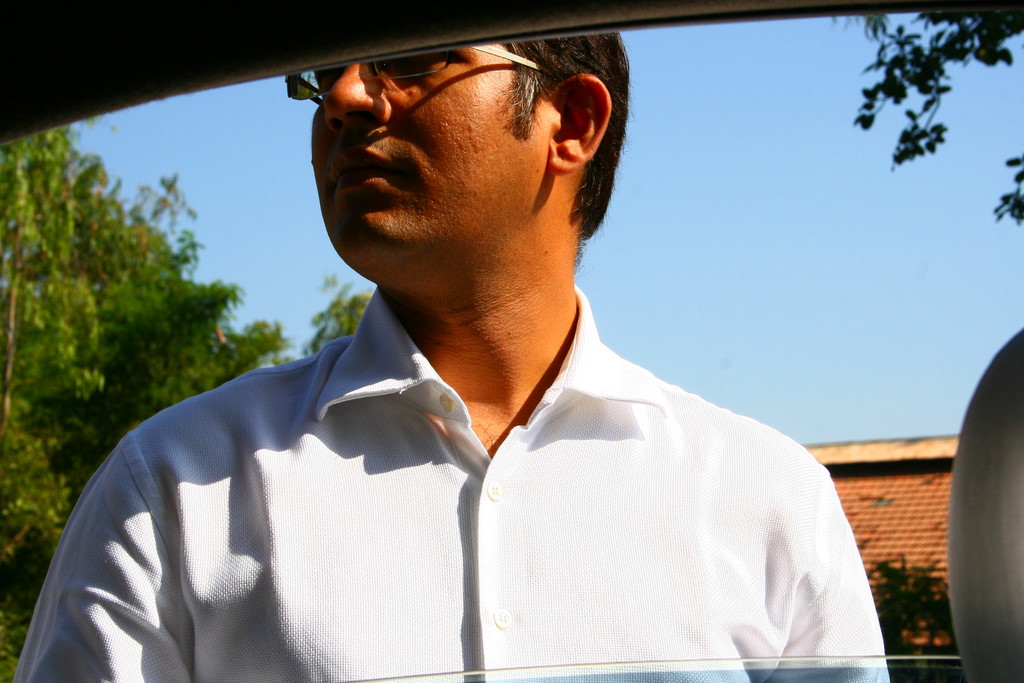
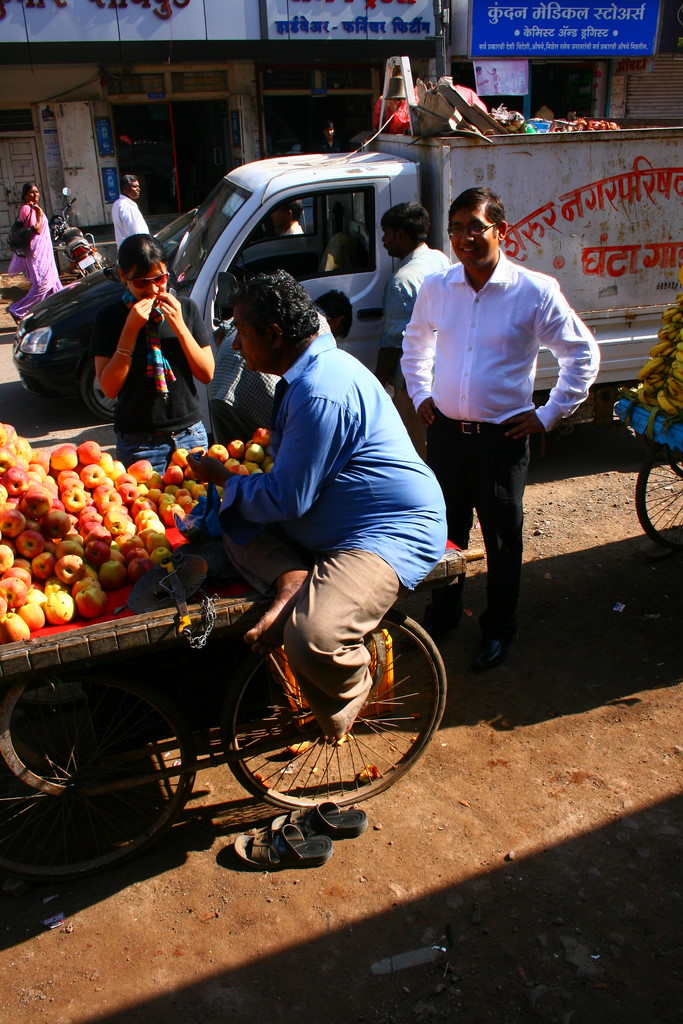
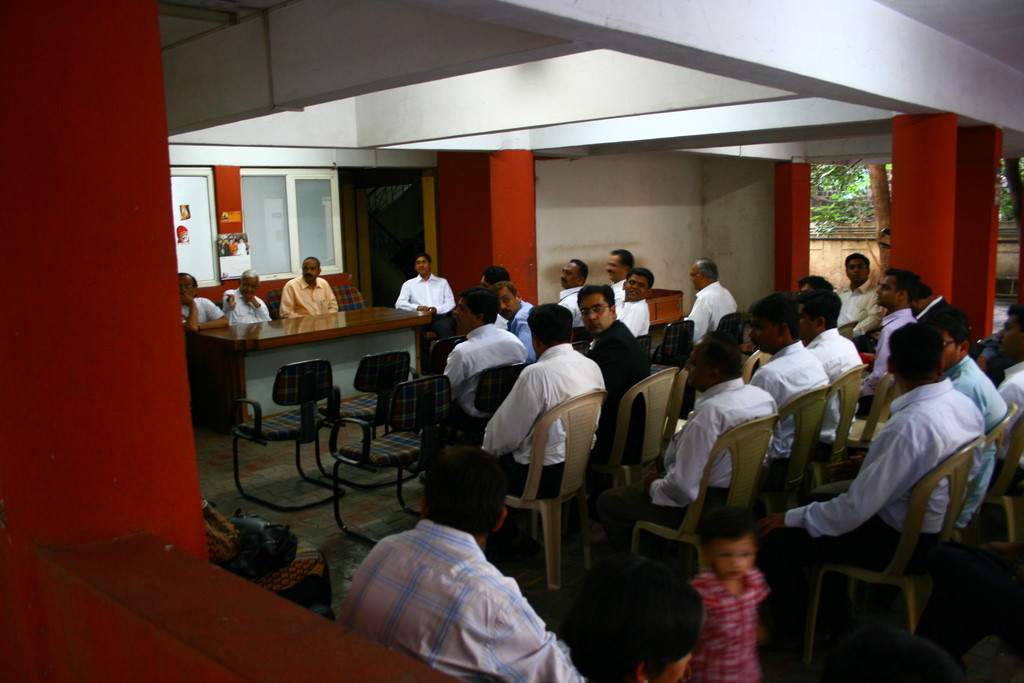
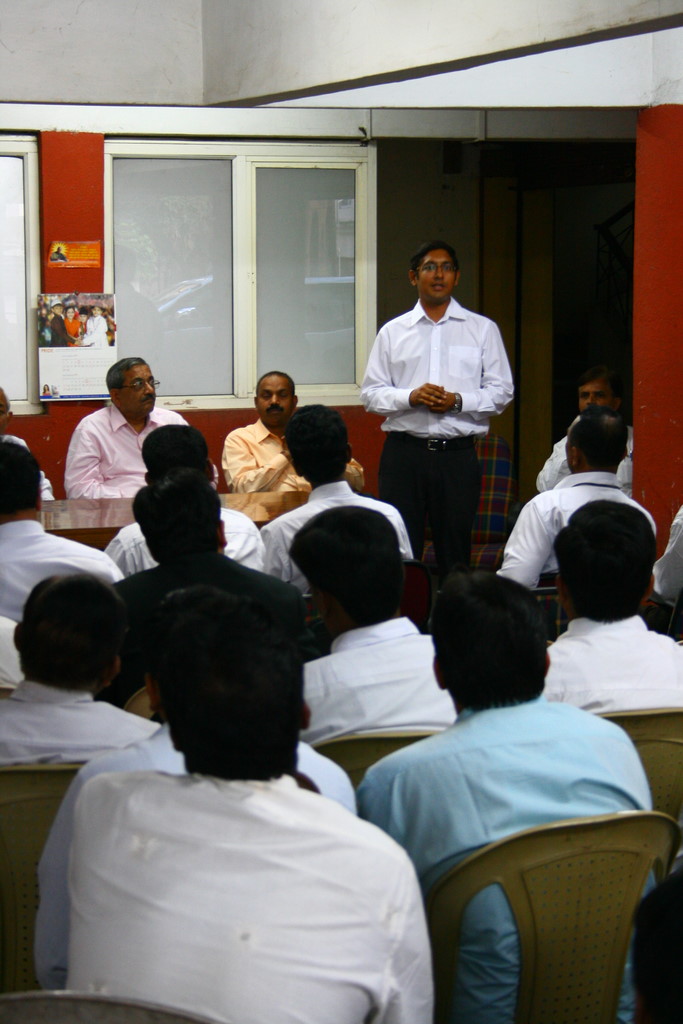
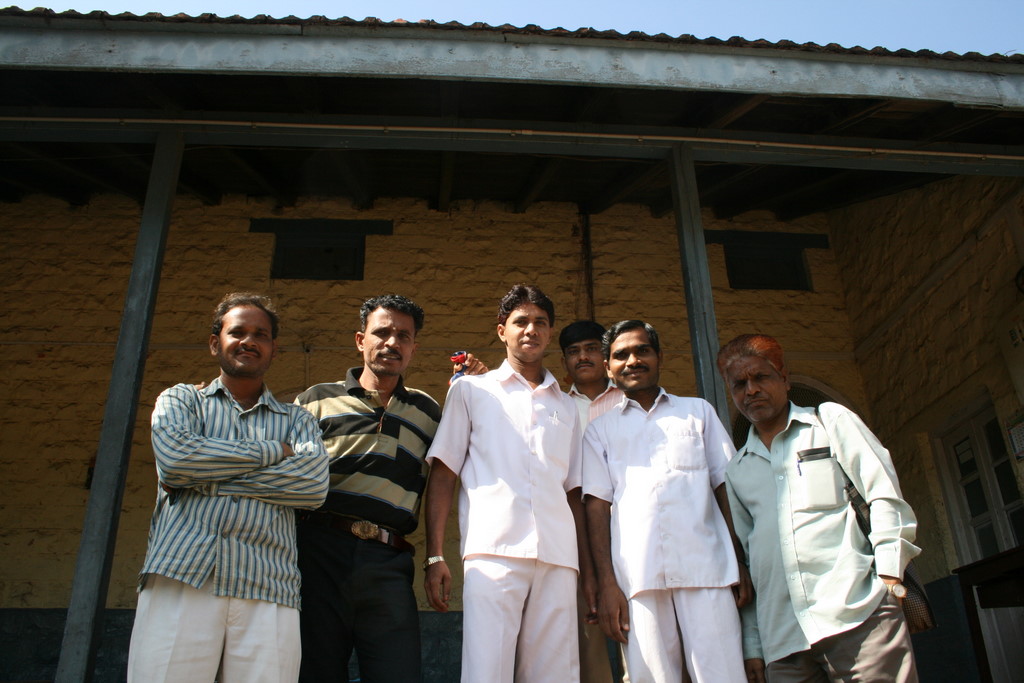
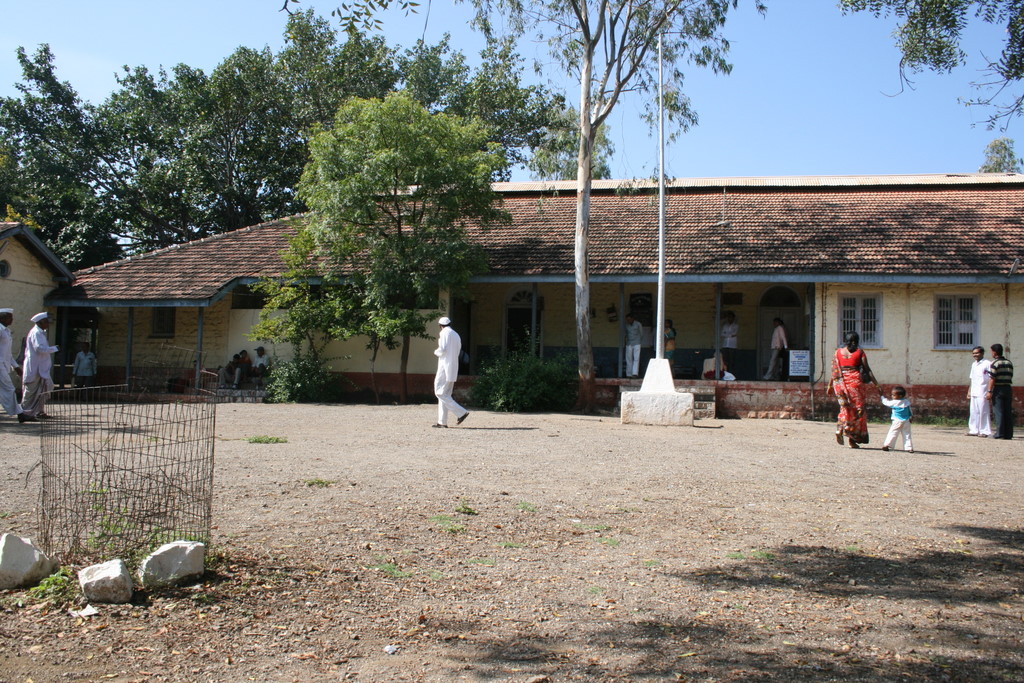
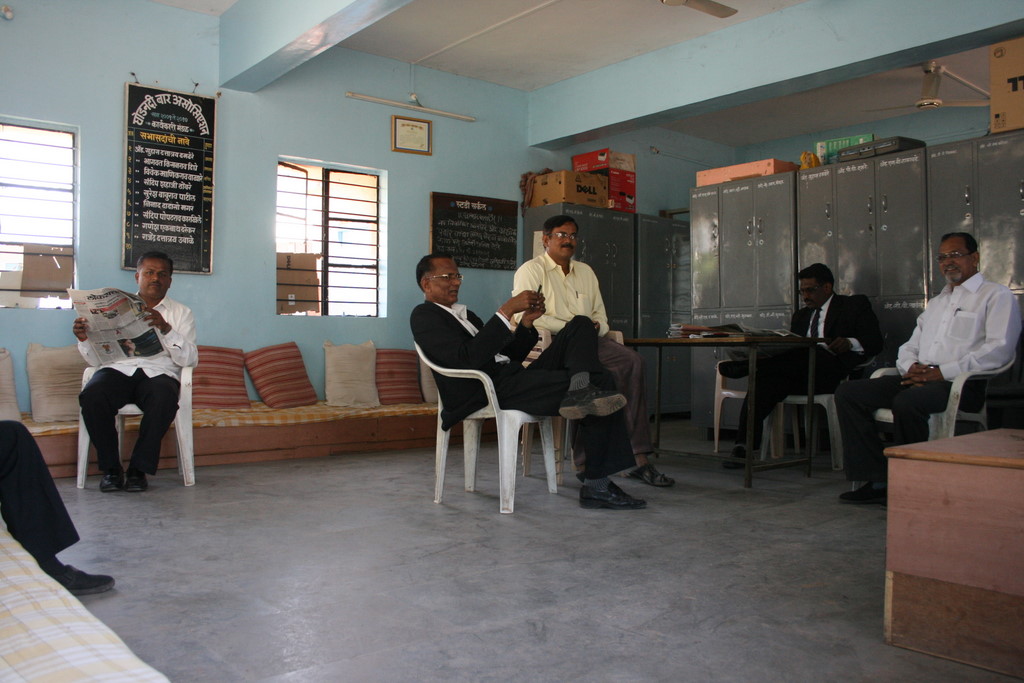
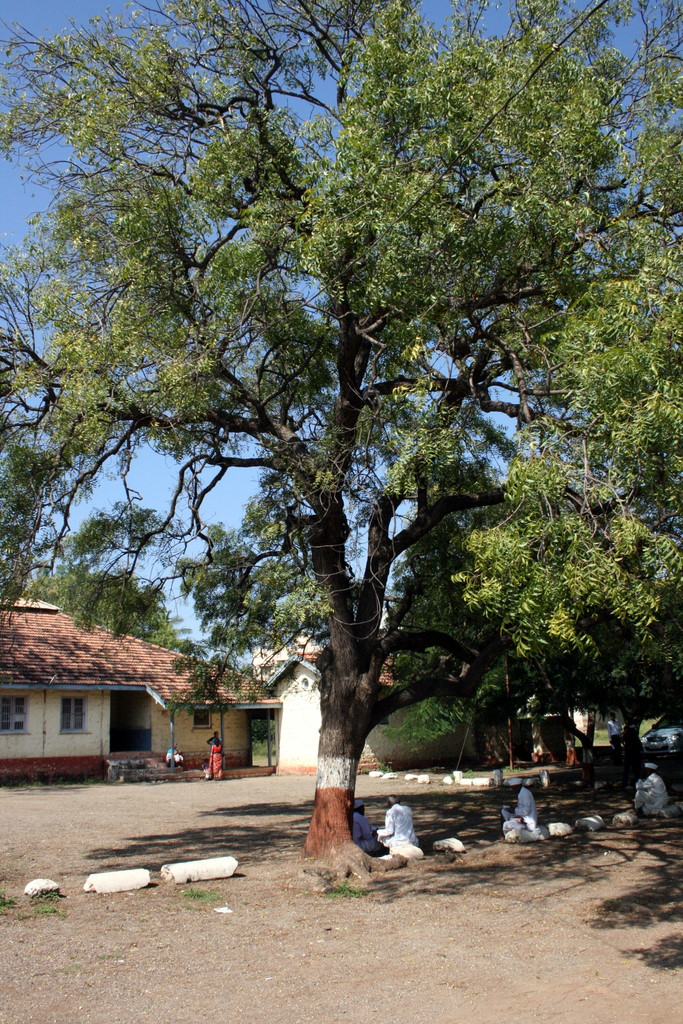
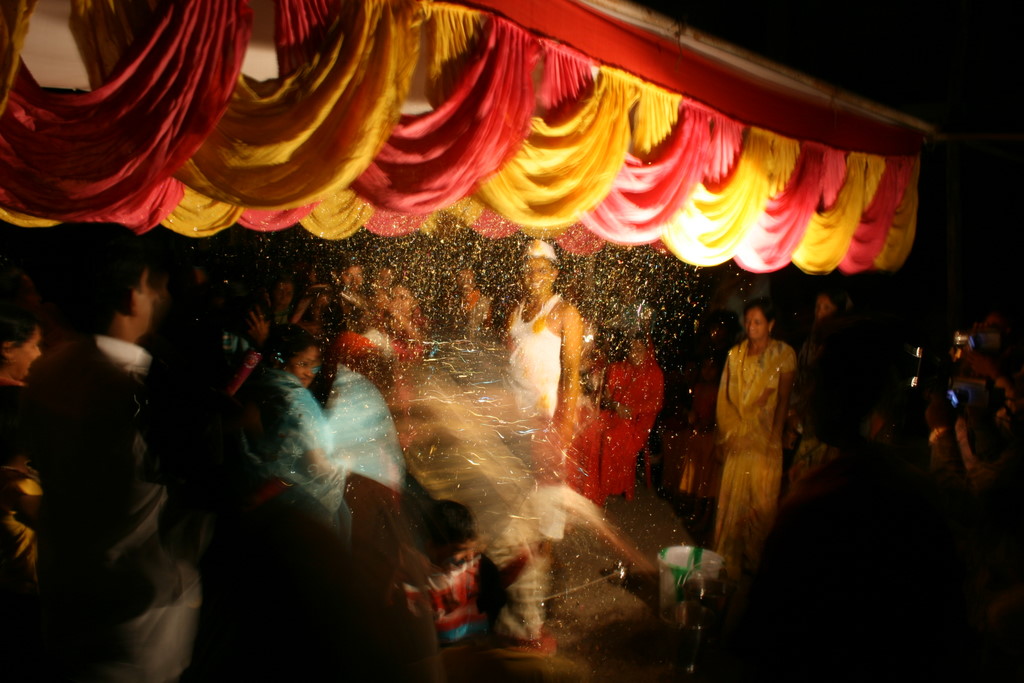
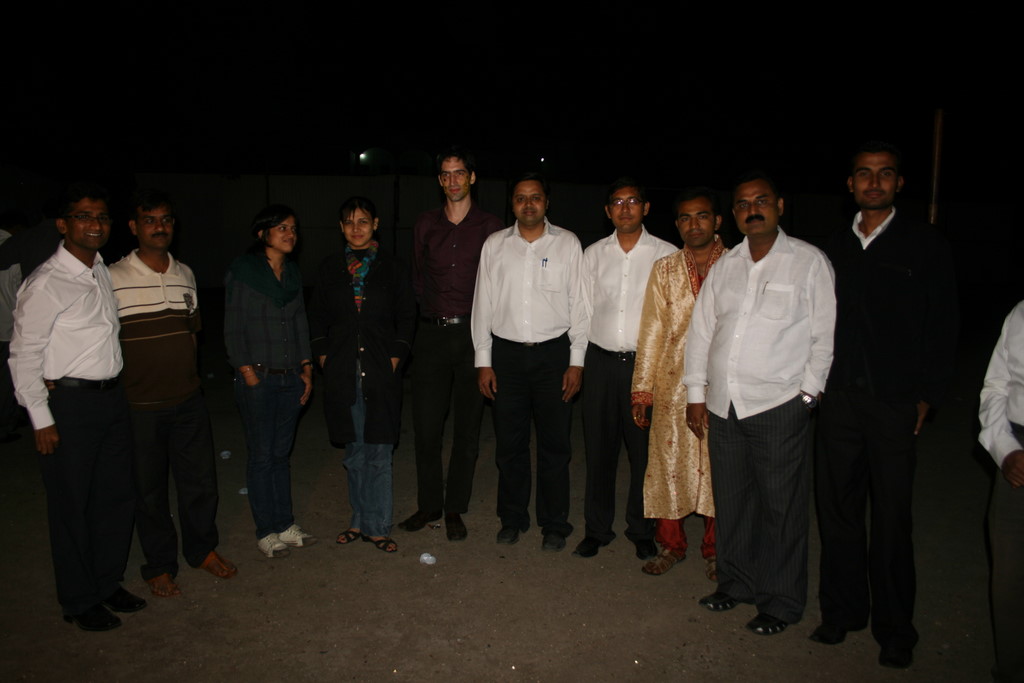
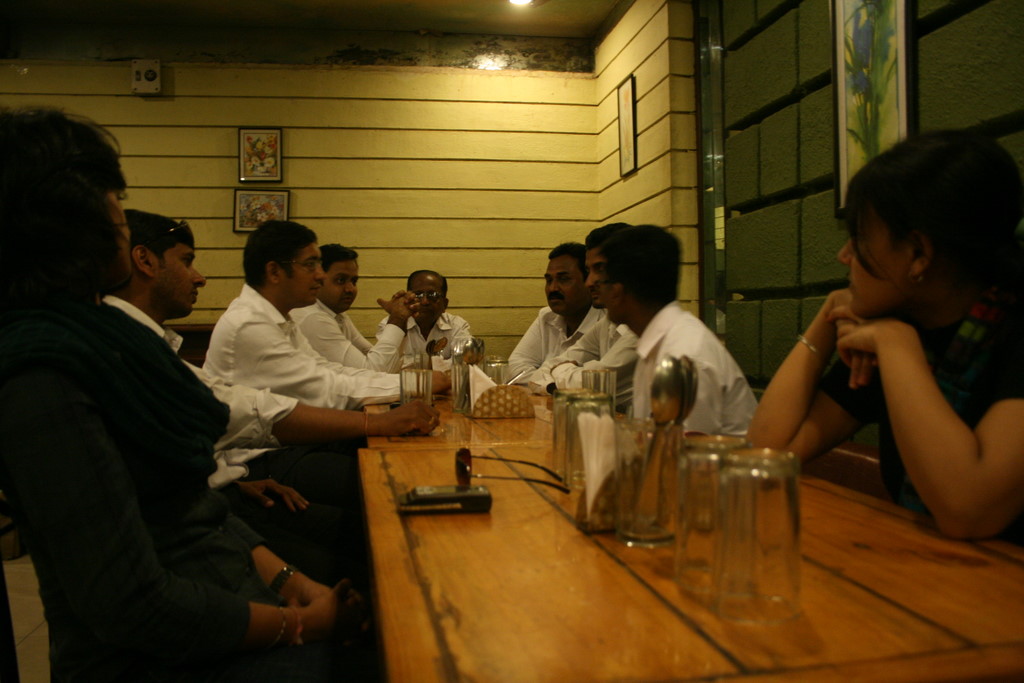
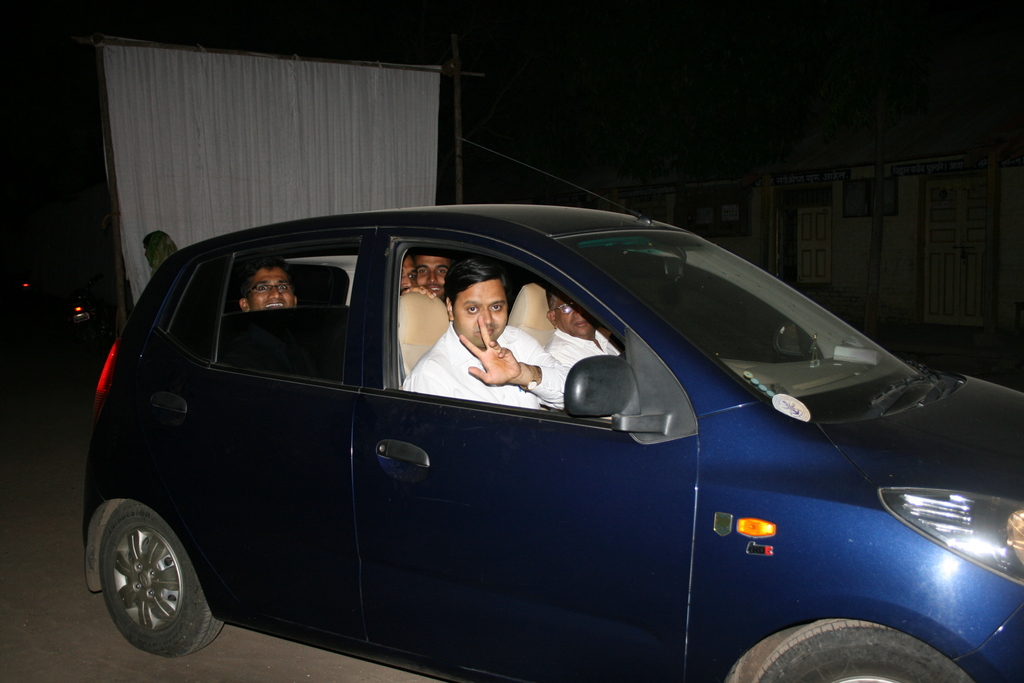
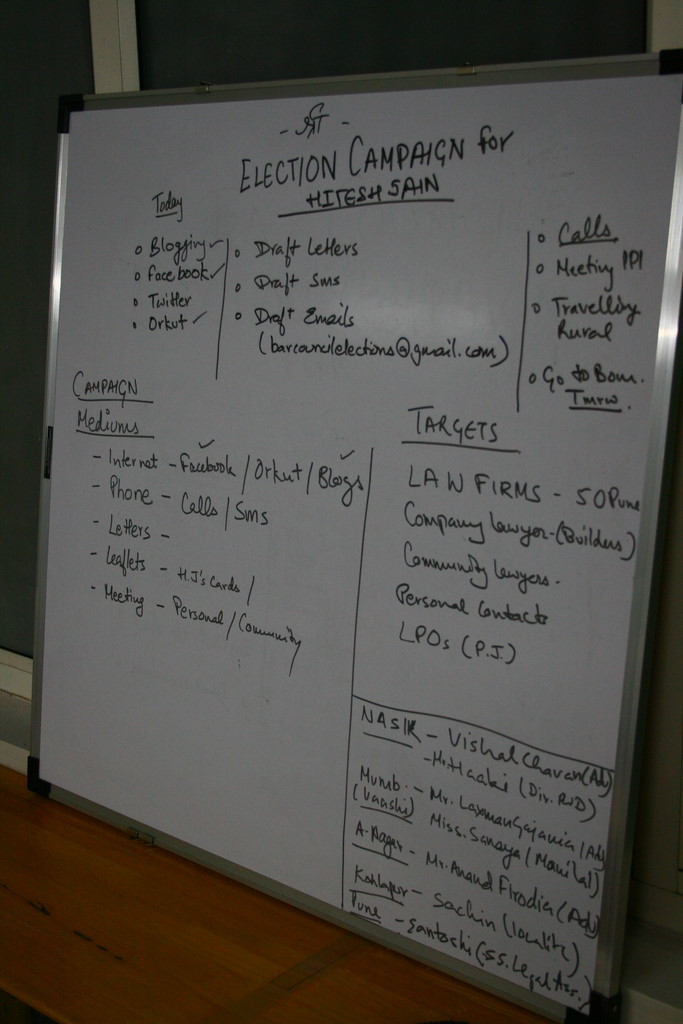
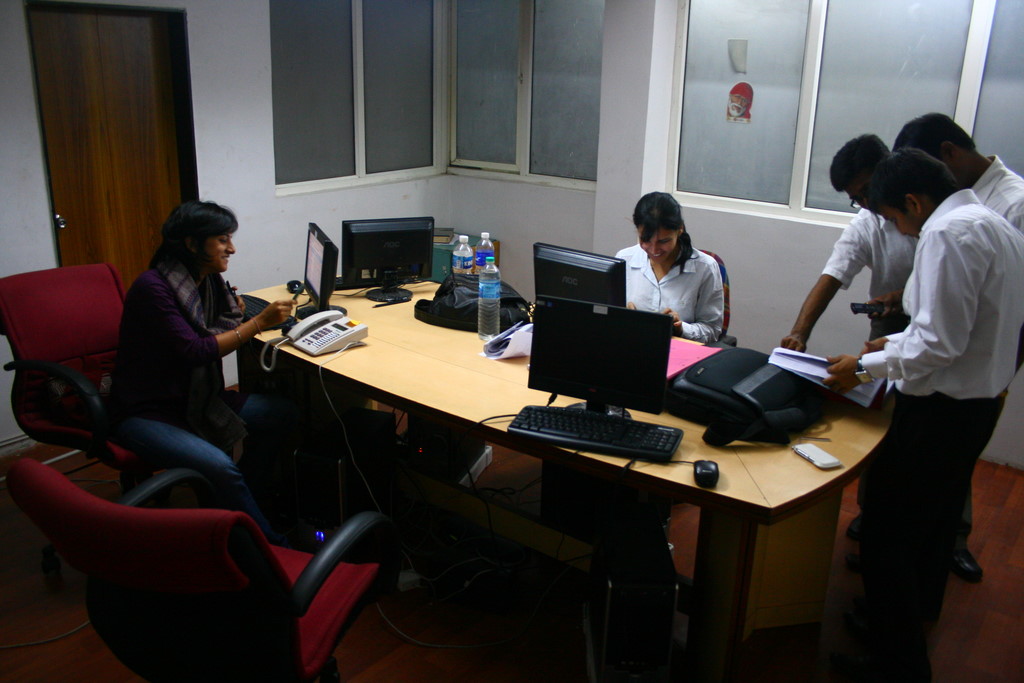
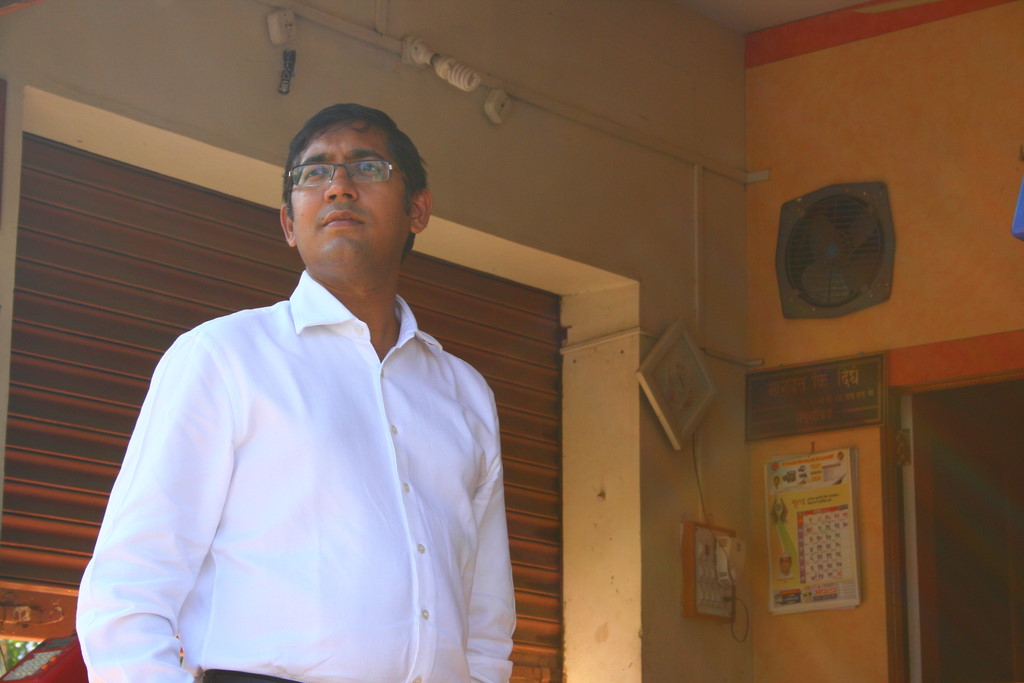
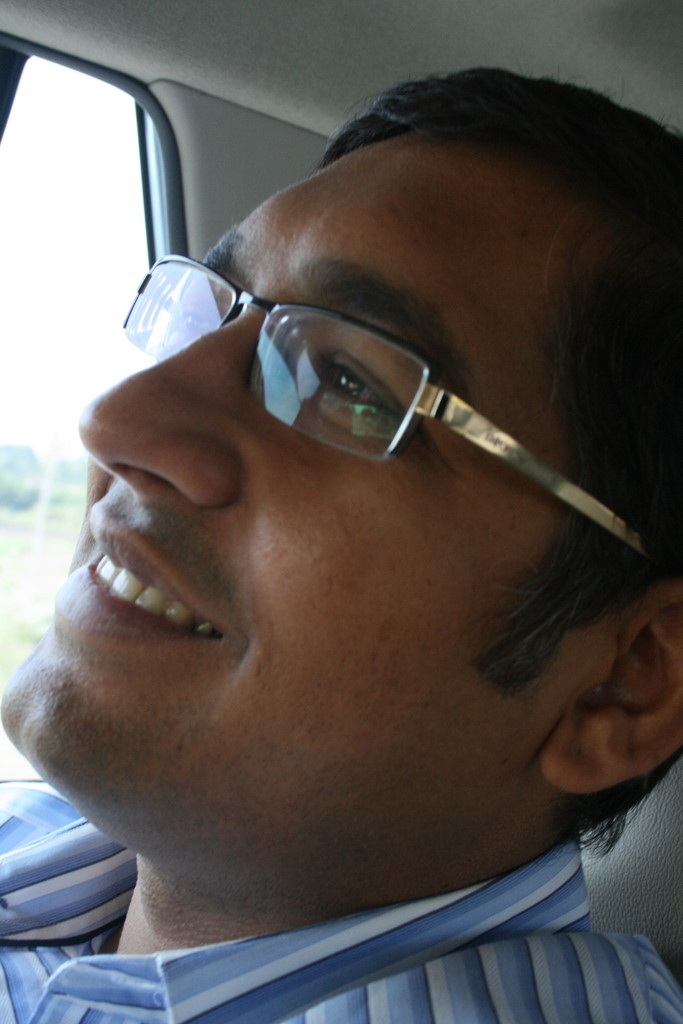
threads most popular
thread most upvoted
comment newest
first oldest
first
7 June??
[We regret the unintentional typo, it has been corrected to 7 January, of course. -Ed]
threads most popular
thread most upvoted
comment newest
first oldest
first